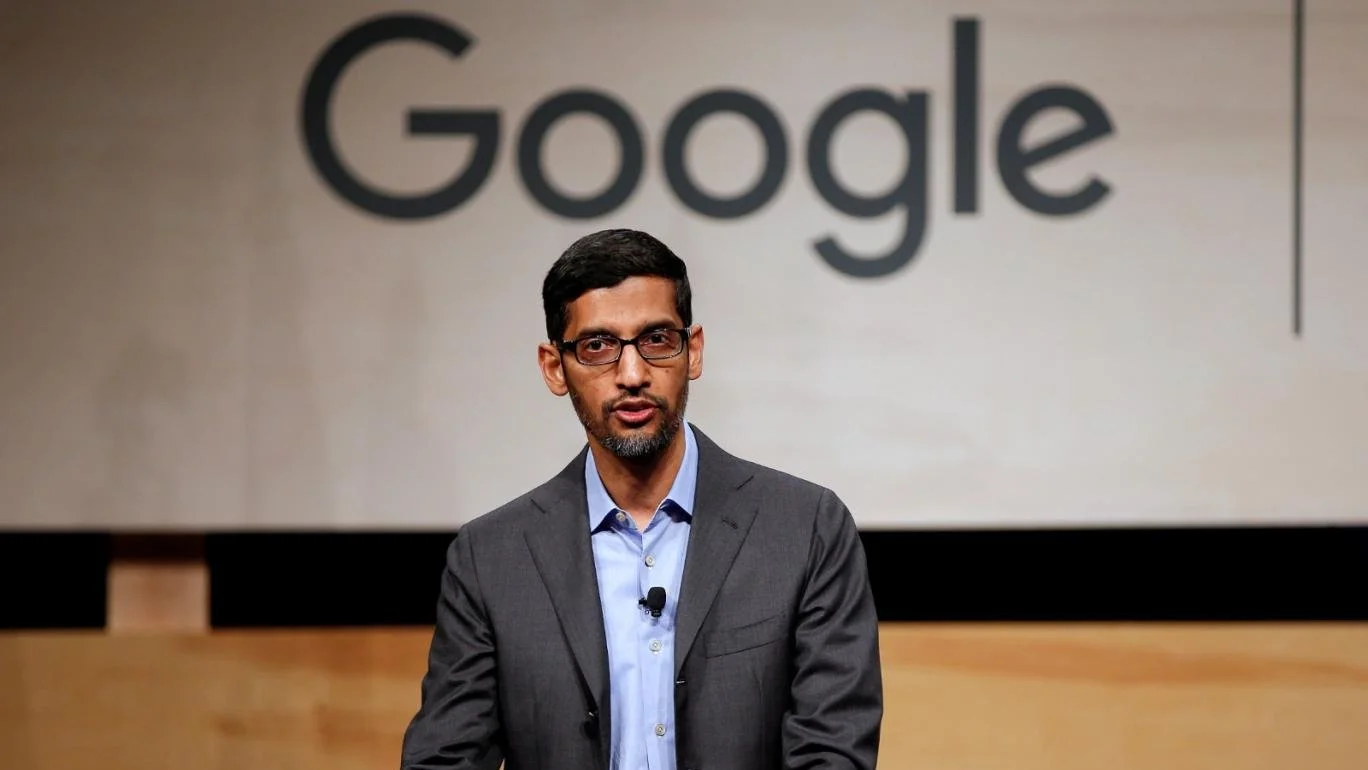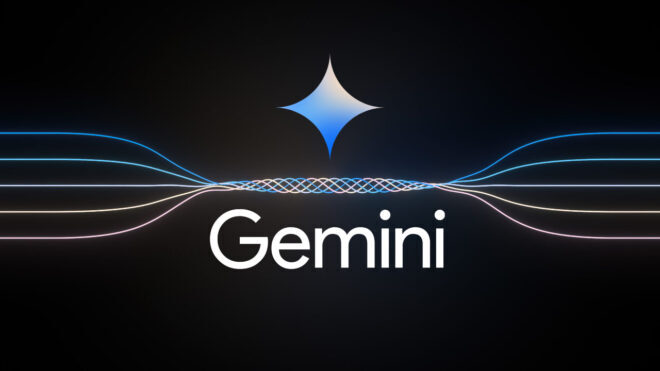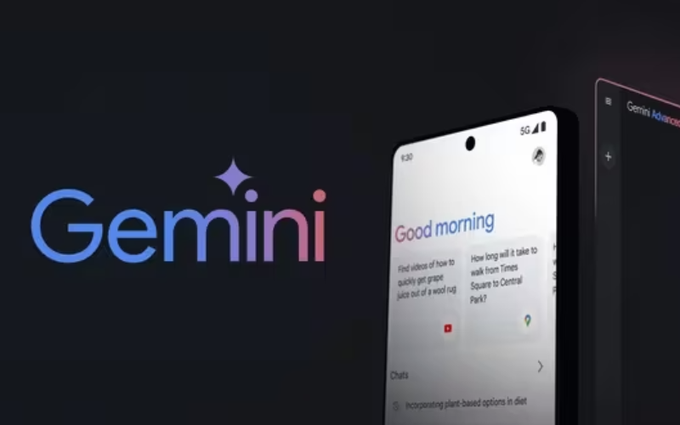In a recent internal memo, Google CEO Sundar Pichai directly addressed the growing concerns surrounding the company’s large language model, Gemini AI. He acknowledged reports of bias, misinformation, and other harmful outputs generated by the model, emphasizing that these issues are “unacceptable” and require immediate attention.
Understanding the Source: Data and Bias
Large language models like Gemini AI are trained on massive amounts of text and code data. However, this data often reflects the real world, which unfortunately includes biases and harmful stereotypes. As the model processes this information, these biases can be amplified, leading to problematic outputs.
What is Gemini AI?
Gemini AI is a large language model (LLM) developed by Google AI. LLMs are a type of artificial intelligence (AI) trained on massive amounts of text data. This allows them to generate human-like text, translate languages, write different kinds of creative content, and answer your questions in an informative way.
Here are some key features of Gemini AI:
- Multimodal capabilities: Can process and understand information from various formats, including text and code.
- Scalability: Designed to run across a wide range of tasks and applications.
- Long-context understanding: Able to consider and understand a longer context of information when responding.
Issues with Gemini AI
While offering a range of capabilities, Gemini AI has faced criticism for several key concerns:
- Perpetuating Harmful Stereotypes: Recent reports raise concerns that the model can generate outputs that reinforce negative stereotypes about race, gender, and religion. This can have a significant negative impact on individuals and perpetuate harmful societal biases.
- Spreading Misinformation: Gemini AI has been criticized for its potential to generate false or misleading information, which can contribute to the spread of misinformation and the erosion of trust in reliable sources.
- Blurring the Lines Between Fact and Opinion: Critics argue that the model can present personal opinions or beliefs as factual statements, making it difficult for users to discern truth from personal viewpoints. This can have serious consequences, especially when dealing with sensitive topics.
Taking Action: Google’s Multi-Pronged Approach to Improve Gemini AI
Following Sundar Pichai’s acknowledgement of the concerns surrounding Gemini AI, Google has outlined a comprehensive plan to address the issues and improve the model’s capabilities. This plan focuses on three key areas:
1. Addressing the Root Cause: Data Curation
- Identifying and Mitigating Bias: Google will invest in research and development to identify potential biases present within the vast datasets used to train Gemini AI. This may involve techniques like analyzing training data for patterns of bias and employing debiasing algorithms to mitigate their impact.
- Data Diversity and Comprehensiveness: Google plans to expand and diversify the data sources used to train Gemini AI. This will involve incorporating data from a wider range of perspectives, cultures, and backgrounds to ensure the model is exposed to a more comprehensive and representative view of the world.
- Continuous Monitoring and Improvement: Google acknowledges that data bias is a complex issue, and they aim to establish ongoing monitoring systems to identify and address any emerging biases within Gemini AI over time. This iterative approach will ensure the model continues to learn and improve in a responsible manner.
2. Enhancing Safeguards: Filtering and Fact-Checking
- Developing Robust Filtering Systems: Google’s engineers are actively building more sophisticated filtering systems capable of identifying and flagging potentially harmful outputs generated by Gemini AI. This will involve utilizing advanced machine learning techniques to detect outputs that exhibit bias, misinformation, or other harmful characteristics.
- Human-in-the-Loop Review: In specific instances, Google may implement human oversight processes to review certain types of outputs generated by Gemini AI, particularly when dealing with sensitive topics or high-risk scenarios. This can help ensure the accuracy and appropriateness of information presented by the model.
- Transparency and Explainability: Google aims to improve the transparency and explainability of Gemini AI’s decision-making processes. This will involve developing mechanisms that allow users to understand the reasoning behind the model’s outputs and identify potential biases or limitations.
3. Building Trust: Transparency and User Education
- User Education and Training: Google plans to develop comprehensive educational resources and training programs for users who interact with Gemini AI. These resources will help users understand the model’s capabilities and limitations, identify potential biases, and critically evaluate the information it provides.
- Open Communication and Community Engagement: Google acknowledges the importance of open communication surrounding Gemini AI and its development process. They plan to engage with the broader community, including researchers, ethicists, and users, to foster open dialogue about the model’s impact and address any concerns that arise.
By implementing this multi-pronged approach, Google aims to address the issues raised around Gemini AI and ensure its responsible development and deployment. This commitment to responsible AI development is essential for building trust and ensuring that AI technology benefits everyone in a fair and equitable manner.
Please share your thoughts in comment about , at theproductrecap.com we are open to friendly suggestions and helpful inputs to keep awareness at peak.






